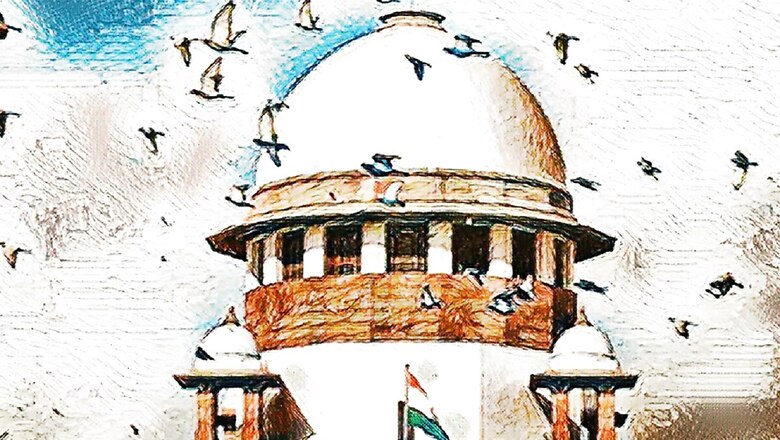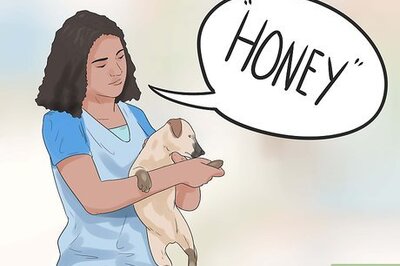
views
Devices that aid India’s disabled people move will continue being taxed.
The central government has declined to interfere with the GST Council’s decision to impose a five per cent tax on ‘mobility devices’ that assist the disabled in walking.
Submitting its response before the Supreme Court, the government threw its hands up in the air, saying the decision to tax such devices was taken by the GST Council and that the Finance Ministry is only executing this mandate.
Attorney General KK Venugopal has told a bench, headed by Justice DY Chandrachud, that there is nothing that the Finance Ministry could do about waiving this 5% tax and that the PIL petitioners should rather make a request before the GST Council.
The top law officer, during a recent hearing before the bench, added that imposition of a tax cannot be construed as violation of the fundamental right of any segment of population and that judicial intervention should not be made into such matters of fiscal policies.
The bench retorted that it was very much aware of its limitations in matters of policy and in particular, taxation regime, but at the same time, it acknowledges the humanitarian issues raised before it.
“We are completely aware of our constraints and our powers under Article 32 of the Constitution but we want this to be considered as a humanitarian problem,” remarked Justice Chandrachud even as the Attorney General suggested that the petitioner should make a formal representation before the GST Council.
Senior advocate Pinaki Misra, appearing for PIL petitioner Nipun Malhotra, emphasised on his part that this petition has been instituted only in the public interest to safeguard the interests of a large number of similarly situated disabled persons, who have to suffer a tax on mobility devices.
Misra said that he would move a representation before the GST Council but the court should keep this matter pending to await the outcome of the request made.
The bench accepted this suggestion and allowed the petitioner to make GST Council a party to the case, besides moving a representation there. It asked the Centre and GST Council to file their affidavits, preferably after the representation is decided finally. The court will hear the matter next after two months.
The PIL has argued that the imposition of the tax has resulted in denial of equal opportunities for persons with disabilities and created barriers for them to access the resources available to other people.
It has added that the GST on mobility aids is also a violation of the guarantee of equal opportunities made by the Rights of Persons with Disabilities Act 2016, and asked for its withdrawal.
Read all the Latest News, Breaking News and Coronavirus News here

















Comments
0 comment